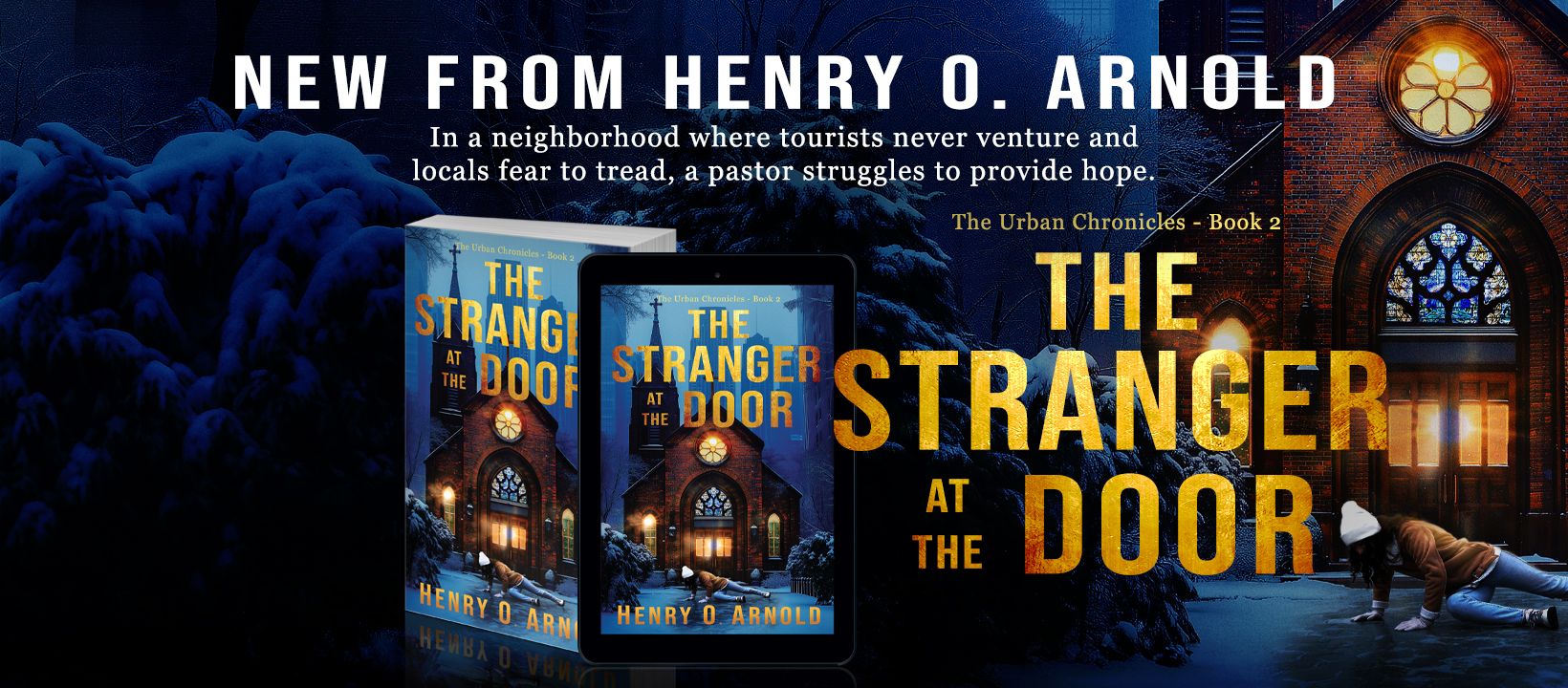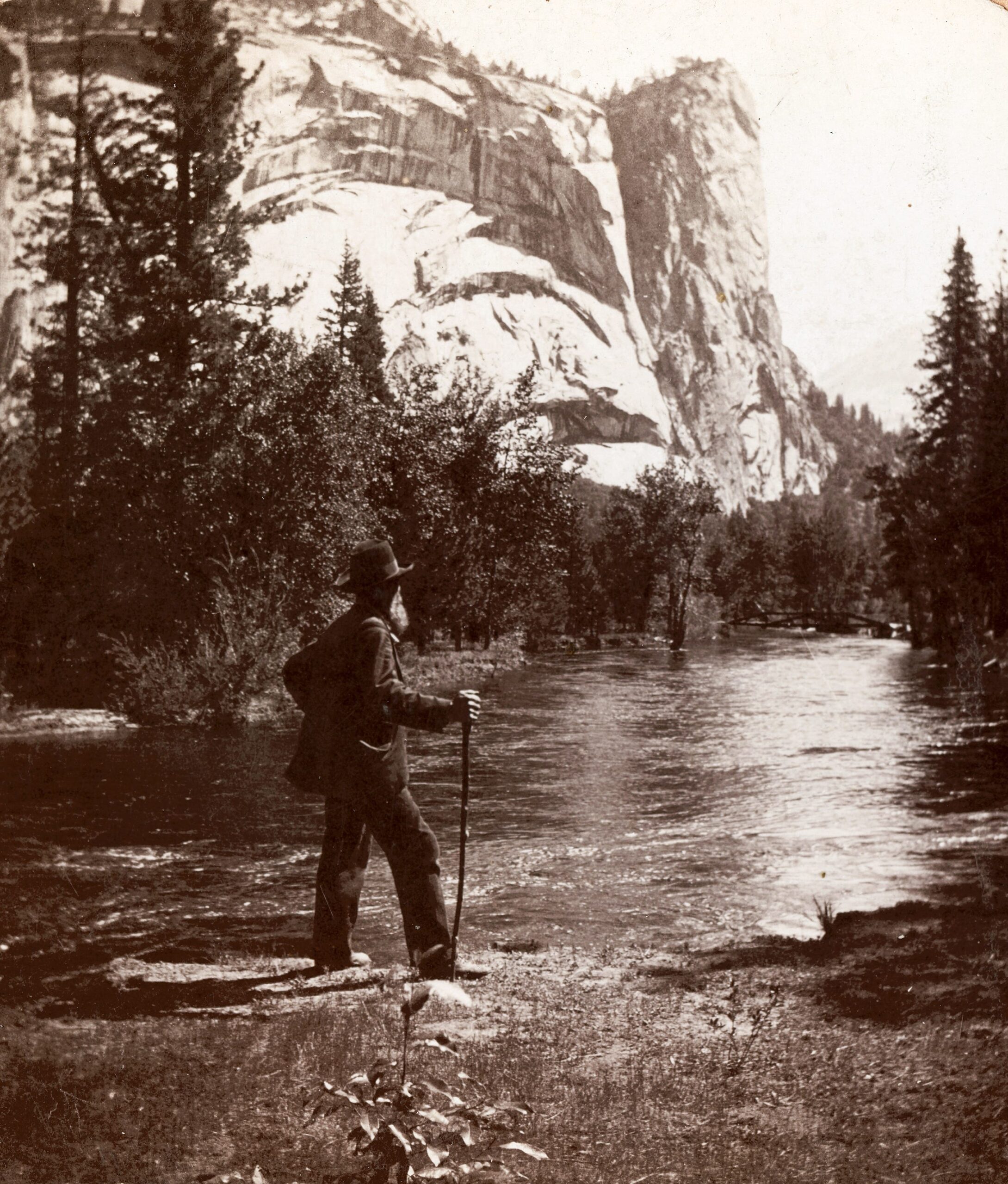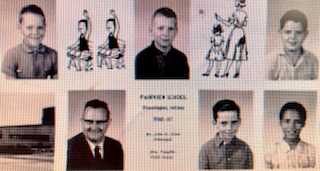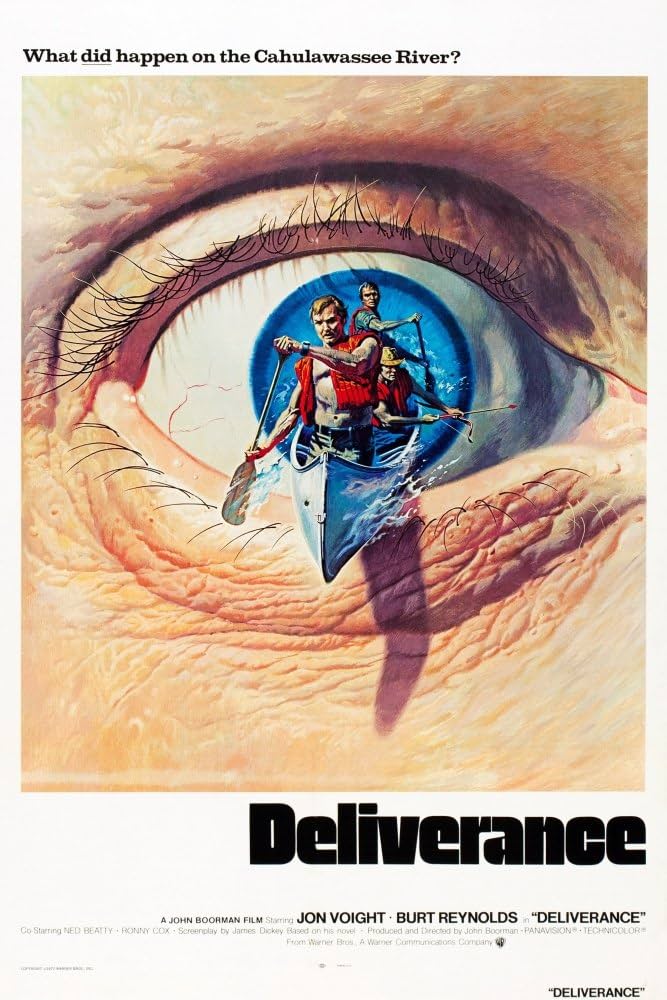Fully Clothed / Right Minds
When I was a kid the Arnold household had specific Sunday morning routines. It actually began on Saturday evening with Dad down in the basement cranking out the order of worship programs he designed for church services. Chemicals for the printing were poured the mimeograph machine and the hand cranking began. One revolution spat out one program; two hundred copies were required. Followed by folding and stacking. When I was commandeered to crank, the printing chemicals caused my eyes to water and probably killed a few million brain cells in the process. Explains a lot.
I was a paperboy during those years. The Sunday morning papers were so thick it would test the strength of Superman to rip one in half. Because of the volume of customers that subscribed to the paper, I could not deliver them on my bicycle, so Dad drove me in the car. I sat in the backseat, up to my neck in folded newspapers secured with a rubber band and would toss them out the window as Dad crept down each street.
Once the last newspaper was hurled, the two of us hustled out to church and stuck an order of worship in front of each hymnal in the racks behind the pews. The programs and the care he took in planning each service was Dad’s beautiful aesthetic gift to the congregants.
Then it was back to the house. Cereals, sweet rolls, and beverages were set on the kitchen counter, no time for a leisurely breakfast. In between the kitchen, the bedroom, and bathroom, Mom would shout from the bottom of the stairs for her four children to quicken our pace of getting ready for church all while preparing herself.
Wrangling the six Arnolds out the door to church took concentrated energy. Once in the car—kids in the back, parents up front—Mom had time for her final cosmetic touches. The mirror on the visor was lowered and the applications of foundation, rouge, eyeliner, and lipstick were applied, followed by the sprucing of her coif. About a mile out from church, she popped the lid on the Aqua Net and the hiss of white mist began to permeate the front seat.
Dad pulled into the church parking lot and we scrambled out of the car trying to escape the Chernobyl cloud inside the car. We staggered into the building and plopped down in our traditional pew on time and fully clothed and in our right minds, except for that slight nauseated, dizzy sensation of aerosol spray. Wonderful memories, indeed.










